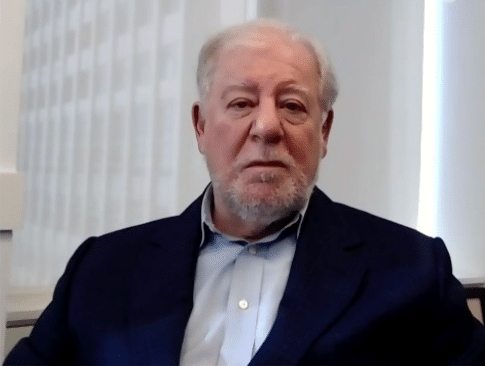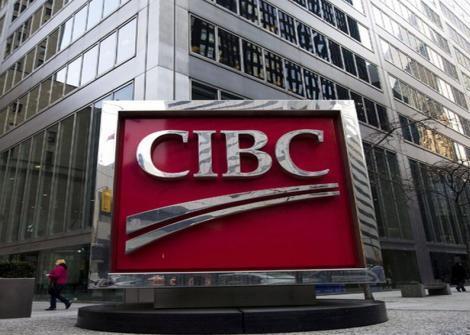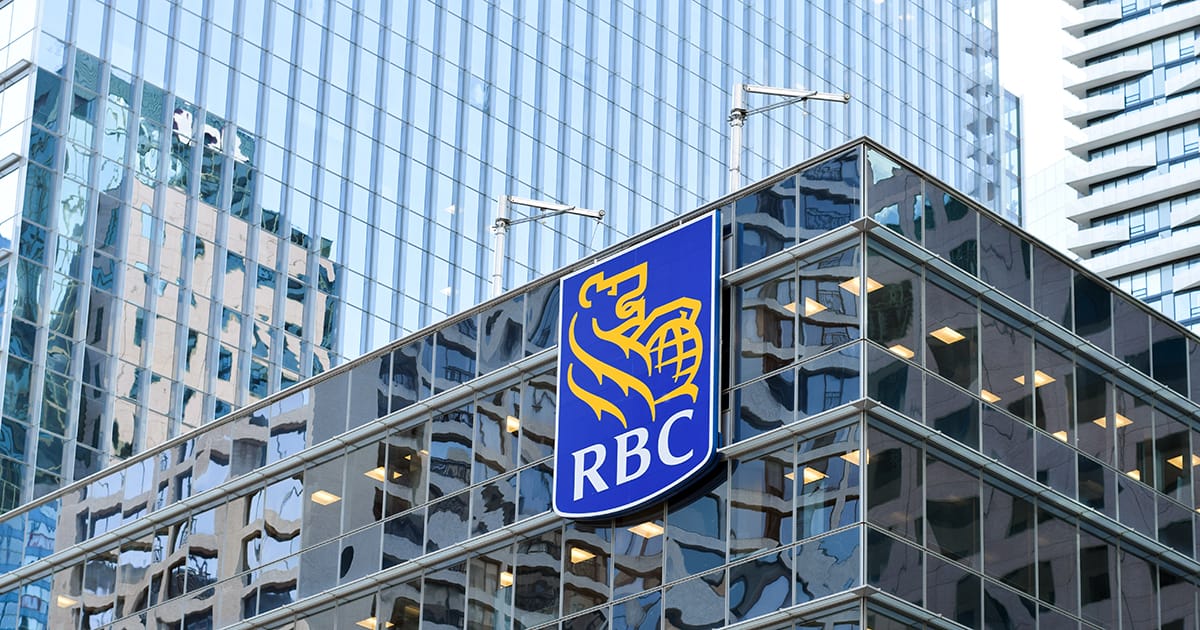BlackBerry is no longer interesting, David Baskin says

The market rotation away from growth has hit tech stocks especially hard and that includes Canadian name BlackBerry (BlackBerry Stock Quote, Charts, News, Analysts, Financials TSX:BB) which is down about 18 per cent for January. But even with the drop in share price, investors should look elsewhere, says portfolio manager David Baskin.
“Blackberry is now a software company and they’ve given up supporting their remaining devices so anybody out there who’s still has a Torch or a Bold or whatever those are now, I guess, paperweights,” said Baskin, president of Baskin Wealth Management, speaking on a BNN Bloomberg segment on Tuesday.
BlackBerry made the announcement earlier this month that it would be no longer supporting the legacy software for their phones, giving die hard fans nothing much to hold onto except the hope that someone will come along and take up the cause and bring back the iconic keypad phone.
But BlackBerry the company, which, it’s been said, should really have changed its name about five years ago with its rebranding, has moved on from handsets and hardware to other now software and security with a focus on the Internet of Things realm of connected tech.
In trading on Thursday the stock dropped and stayed below the C$10.00 mark for the first time since last May when it briefly dipped in that direction in between waves of retail investor buying of the stock over the first half of 2021. The so-called meme stock phenomenon that buoyed names like GameStop and AMC also grabbed BlackBerry early on and tripled the stock last January, with BB then losing almost all of those gains lost over ensuing months.
“It’s a company we no longer follow,” Baskin said. “It was a meme stock about a year ago and went to the moon for a couple of weeks.”
“I don’t think it’s an interesting company from our point of view,” he said.
BlackBerry announced on Thursday that its embedded QNX operating system for critical devices has been selected by Portuguese information systems company Critical Software to serve as the foundation for its railway protection and safety system to be used by Infraestruturas de Portugal, the Portuguese railway infrastructure manager. The IP contract will be “to design, supply and supervise the installation of a complementary safety system to be deployed for its fleet of maintenance vehicles that inspect things like tracks, bridges and overhead lines,” reads a statement from BlackBerry, which said the QNX-powered system will perform active supervision of vehicle operations along Portugal’s 2,526 km of track.
“Increasing rail safety and separating maintenance workers from train traffic is critical to saving lives,” said Jörg Zimmer VP, BlackBerry Technology Solutions, in a press release.
“BlackBerry QNX is trusted by rail partners around the globe to help them develop safe, secure mission-critical systems that they can count on and it’s a real pleasure to share both our expertise and proven technology to support the comprehensive safety solution that Critical Software will be rolling out across the Portuguese rail network.”
Last month, BlackBerry reported its third quarter fiscal 2022 results for the period ended November 30, 2021. The company’s revenue was down 16 per cent year-over-year to $184 million and net income was registered as $74 million compared to a loss of $130 million a year earlier. BB’s revenue broke down into $43 million from its IoT segment (up 34 per cent compared to the previous year’s pandemic-influenced result), $128 from Cybersecurity and $13 million from Licensing & Other. (All figures in US dollars except where noted otherwise.)
Commenting at the quarter, CEO John Chen said BlackBerry’s earnings were a highlight as they came in stronger than expected.
“This was a very positive quarter for QNX, driven by continued strength and design wins activities,” said Chen in the third quarter conference call. “We achieved record quarterly revenue from development seats license and as well as associated professional services. In fact, demand is so strong right now that we’re expanding our professional services team by hiring additional heads into QNX.”
“In addition to the near-term revenue benefit, these strong design wins serves as a positive leading indicator of the longer term health of the QNX business overall. Once completed, obviously, these designs will move into production and generate royalty revenue in future quarters,” he said.
BlackBerry also has high hopes for IVY, the company’s intelligent vehicle data platform designed in conjunction with Amazon AWS and aimed at becoming the industry standard for running a car’s in-vehicle apps and entertainment system. BlackBerry released an early version of IVY this past October.
“While IVY is called an off take and can work with any major cloud provider, AWS IoT FleetWise is a micro service that allows IVY insights to be efficiently and intelligently uploaded to the AWS Cloud, where they could support cloud side applications,” Chen said.



